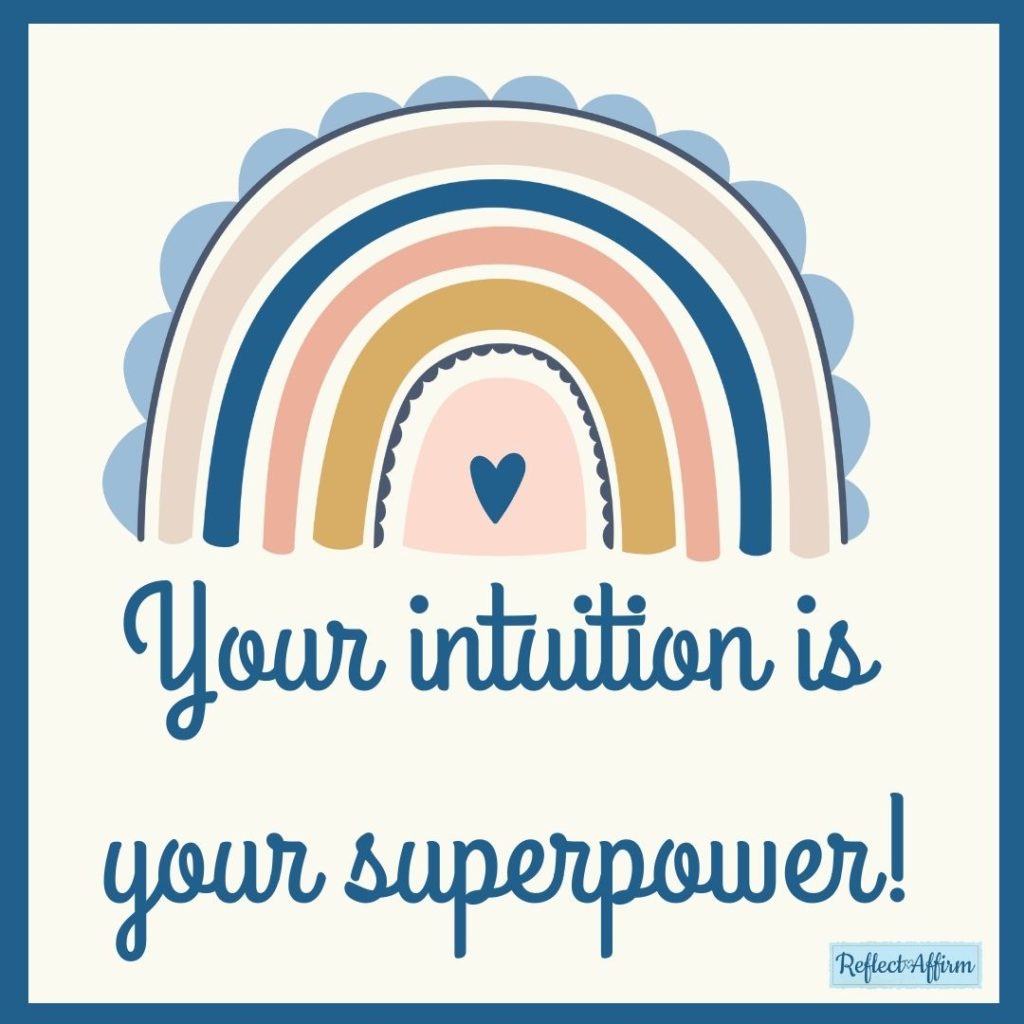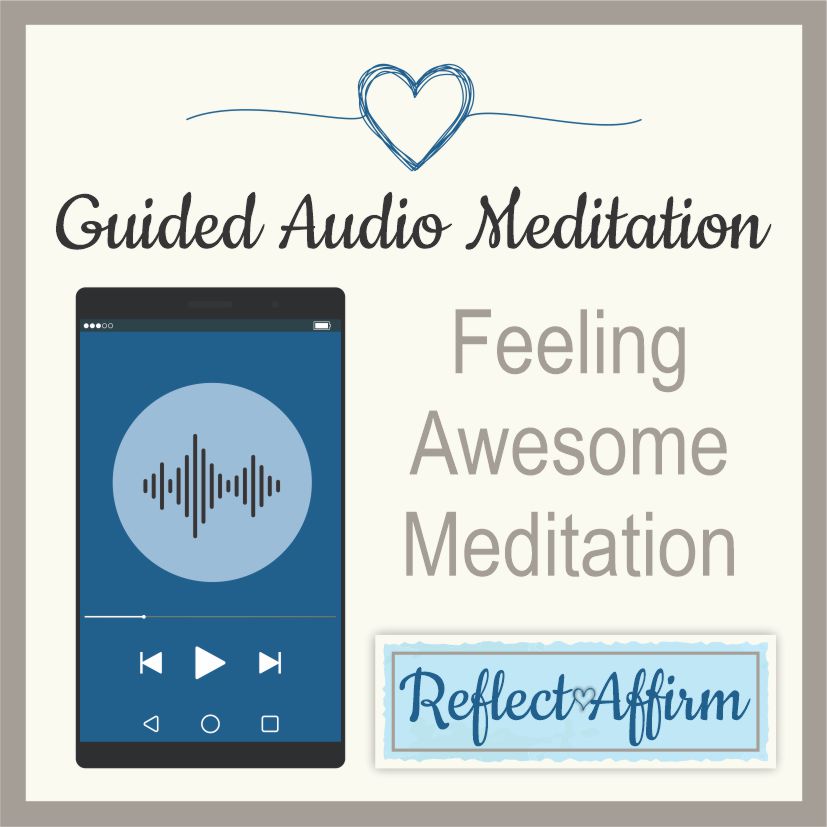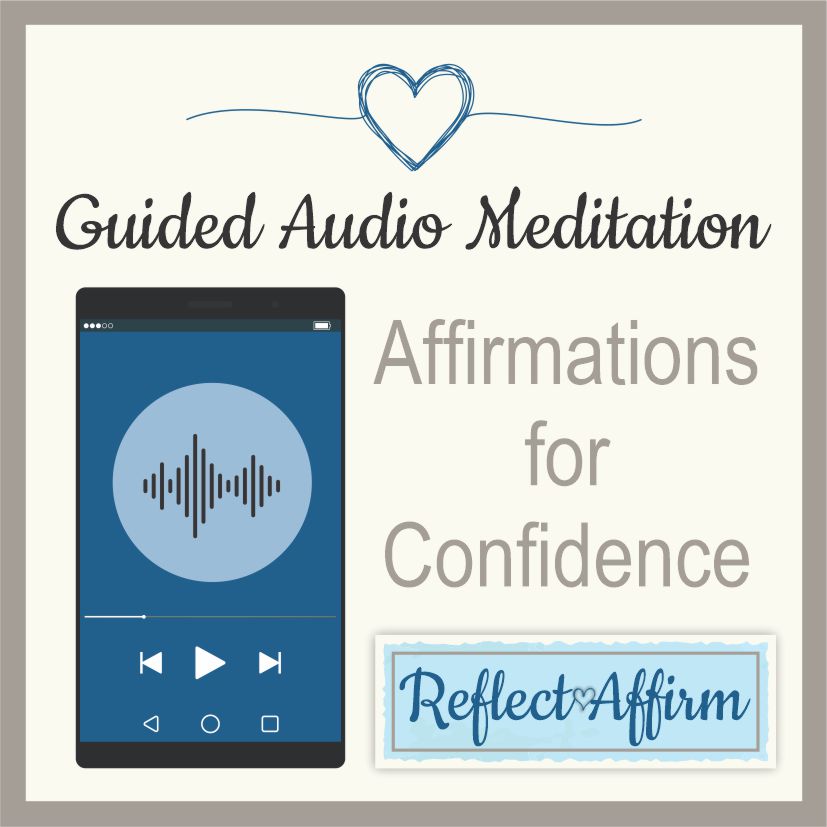
We all have intuition, a powerful, instinctual thought that appears in our subconscious and urges us to think or act in a specific way. It takes time to learn how to tap into your intuition.
However, precisely because it happens subconsciously, it requires greater awareness and nuanced ways to understand what it is trying to tell us.
It is not easy for us to develop our intuition, but with the right approach, it is a skill we can all improve.
Here are four tactics that can help you efficiently tap into your intuition in all aspects of life.
And which can enhance your ability to use all the instinctual ways of understanding and knowing.

1.“Turn Off” Our Mind
Following our instincts and intuition necessitates a different kind of attention.
For those of us who rely on reasoning, logic frequently overcomes feelings when making decisions.
To change direction and follow our gut, we must get out of our minds and listen to our bodies.
Sometimes we need to be motionless and silence our rational thoughts to grasp what our intuition is trying to tell us.
Stopping our thinking helps us become more aware of our bodily and emotional states.
And it also allows us to be more conscious of our surrounding environment.
This may be accomplished by frequent mindfulness activities such as going for a walk, doing some yoga, or meditating.
The reason why these practices are effective is that they stop our minds from buzzing and constantly thinking and analyzing things, sometimes to the point of exhaustion.
Therefore, creating the habit of going for a walk daily or meditating every morning can help us to eventually free our minds and relax.
Another way to learn how to tap into our intuition is by quieting our minds in our daily life by observing our environment and paying attention to our emotions and sensations.
For example, next time you’re out for a walk, take note of the sky’s hues or try to gauge the air’s temperature by using your body to really feel the wind.
When you are at home, take note of how you feel when you are having that first sip of morning coffee and try to delve into your feelings when you are surrounded by your family at the dinner table.
Turn your focus to the feelings and thoughts that occur but without trying to apply your rational thinking to them or try to explain them using your logic.
Your conscious mind will gradually learn to recognize nagging impulses and gut emotions as intuitive signs that try to get noticed.

Feeling Awesome Guided Meditation
2. Take Note of Bodily Sensations
Once you learn how to follow your intuitive feelings, you will feel like you have entered another state of mind.
It will be comforting, invigorating, and motivating, and whenever something is wrong, you will just know.
You can sense it when you get off course, which is, of course, nothing to feel bad about – it can happen to all of us!
You feel as if you’ve lost your path as if nothing is going right and you don’t know how to regain control. But how will your body react to this?
For example, if you find yourself in a dilemma, even if it is a little one, pay attention to your body’s response to it.
You might feel your stomach twisting, or your heartbeat going faster. You might even feel stiffness in your chest.
In one way or another, you will simply feel that things aren’t right, even if you don’t know what it is exactly.
You can understand your intuition is present because you will be able to sense it, but that is if you allow yourself to do so.
You will be able to feel it in your stomach, you will get the chills, like a chill down your spine, and your pulse and breathing will be faster than usual.
However, sometimes it might be much more subtle, and the only way to explain it is by saying that you can “feel it in your bones” or you “just know.”
These feelings are a normal part of a healthy human autonomic nervous system. It’s your body’s method of expressing its “feelings.”
What you should do is take note of these physiological reactions.
Look into them and harness them as signs of intuition, or as hints to what your instinct is trying to tell you.
3. Distinguish Between Fear And Intuition

Just because something makes your stomach hurt or your chest doesn’t imply you should avoid it.
When confronted with weaknesses, fear frequently develops.
When you are about to interview for your dream job, your heart beats quicker. Before a first date, your heart beats faster in enthusiasm.
We can all fear something from an early age without even being aware of it.
We might have been traumatized by something when we were kids and continued to carry the burden with us for our entire lives.
Without realizing how it inhibits us from being ourselves and connecting with others.
Failure is another prevalent dread. Many of us have bodily responses when confronted with significant possibilities or intriguing challenges.
We are subconsciously terrified of what will happen if we fail or do things the right way.
Perfectionism or prolonged procrastination might be symptoms of this.
What we should do in cases like this is use our reasoning to notice and explore our bodily experiences.
And to investigate how we feel and what message our bodies are sending us.
Once we acknowledge these signs sent by our nervous system, we can make the right choices and free our minds from any fear and anxiety.

Audio Affirmations for Confidence MP3
4. Encourage Alternative Ways Of Knowing
Each of us has our own intuitive mechanisms and can get intuitive signals in a variety of ways.
When we believe that these gut feelings are genuine, that is when we will start to realize what we can accomplish with them.
Some of us can get manifestations like scenes playing out in our minds or experience projected images.
Both of which are cases of what we call clairvoyance. Others can literally hear things or hear voices inside their head.
Commonly referred to as clairaudience, while others just get that subconscious gut feeling, known as clairsentience, that something is or needs to happen in a specific way.
These occurrences can be dismissed as daydreams, deja-vu, or sheer fantasy.
If you want to tap into your intuition, though, you must embrace and nourish all these manifestations and attempts of your subconscious to communicate itself.
To work on your intuitive skills, try to be more aware of these thoughts and manifestations, especially the bizarre and inexplicable ones.
Carry a notepad with you to jot down thoughts, sights, or noises that occur to you during the day, or note them down on your phone.
This is something that artists and writers do to capture creative thoughts, but it’s also a terrific technique to enhance your intuition.
The Bottom Line
Learning how to tap into your intuition will help you get closer to your aspirations.
Whether it’s getting that dream job, starting your business venture, or redefining yourself.
These four ways are a great start to working towards achieving that and will definitely change the way you see, feel, and reflect on life.
DOWNLOAD FREE PRINTABLE AFFIRMATIONS HERE
Want to get free printable positive affirmations? You can access them here – FREE PRINTABLE AFFIRMATION CARDS




